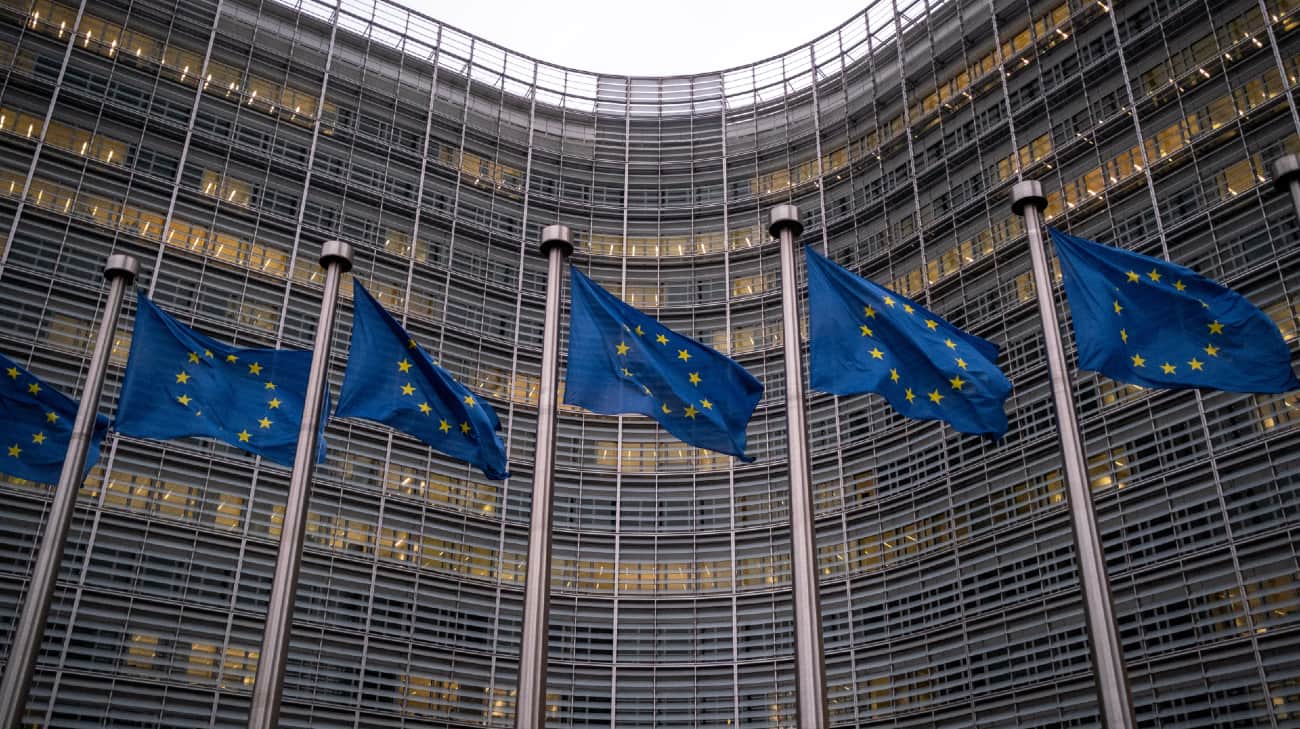“European prosecutors are studying how the Moscow Office of the French IT group Atos purchased software for the EES-Secret Project in 2021. This system must collect and store biometric data of all EU visitors that are not its citizens.”, – WRITE: www.pravda.com.ua
European prosecutors are studying how the Moscow Office of the French IT group Atos purchased software for the EES-Secret Project in 2021. This system must collect and store biometric data of all EU visitors that are not its citizens.
Source: “European Truth” with reference to Financial Times
Details: According to the documents that the publication was introduced, the French IT group of AtoS purchased software in 2021 for the EES-Secret Project, which aims to collect and store biometric data about all EU visitors.
The disclosure of the fact of involvement of Russian employees raised significant security issues regarding the ambitious reconstruction of the EU Border Infrastructure. Launching EES now remains uncertain after the EU has canceled several planned dates due to technical problems.
Documents indicate that the ATOS branch in Moscow has been a license that gave the Russian FSB Security Service access to its work in the country.
Four people who were aware of events said they were directly involved in the purchase of EES Border System.
The EU Prosecutor’s Office is investigating the participation of the Russian ATOS unit in the border project, according to two sources.epopo stated that it did not comment on the case and does not confirm the public investigation. No accusations have been made to date.
The so -called EU (EES) entrance system will collect data on the movement of every foreign traveler who enters or leaves the block, registering biometric and personal data, as well as their visa status.
OLAF, a supervisory body of fraud, was investigating the accusations of Atos Russia’s involvement last year, which has not been reported before. According to one person who is directly familiar with the course of the investigation, it was found that measures to resolve “security issues” taken by the EE-Lisa agency, which implemented EEAS, were insufficient.
The EES system was to work in the European Union since November 10, but because of the denial of a number of Member States postponed it.
Earlier, the European Commission also stated that by the spring of 2025, the EU also plans to put into operation the ETIA system, which will lead to the obligation of travelers from visa -free countries to pay a fee of 7 euros every three years to authorize their trips.
